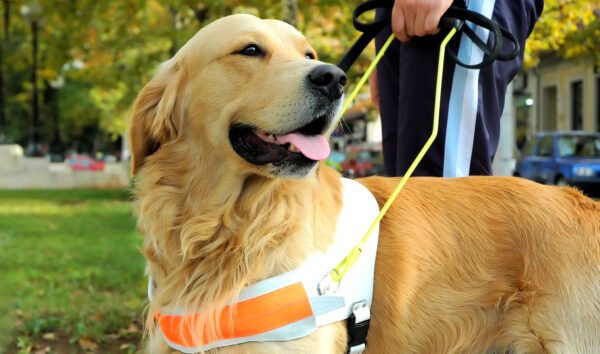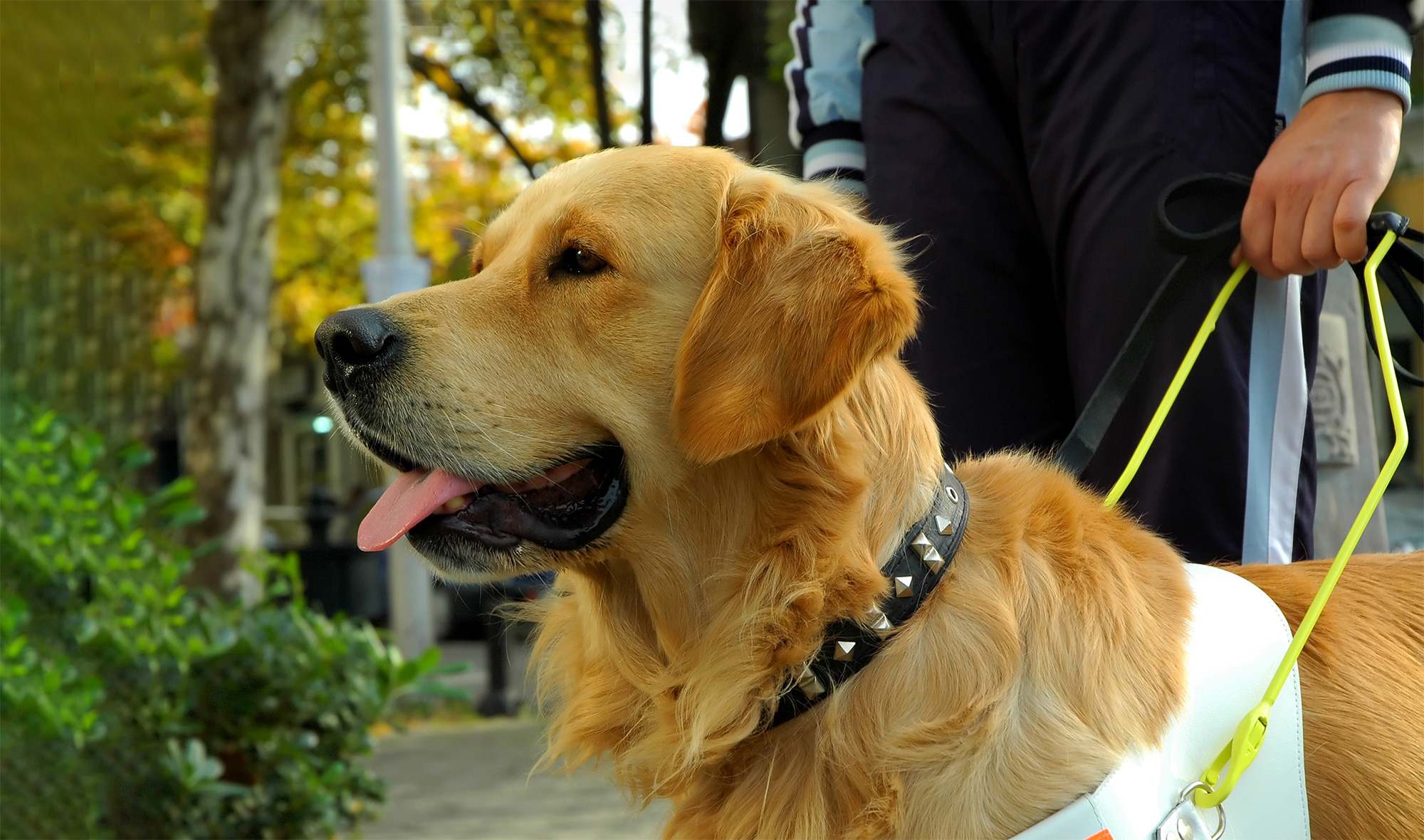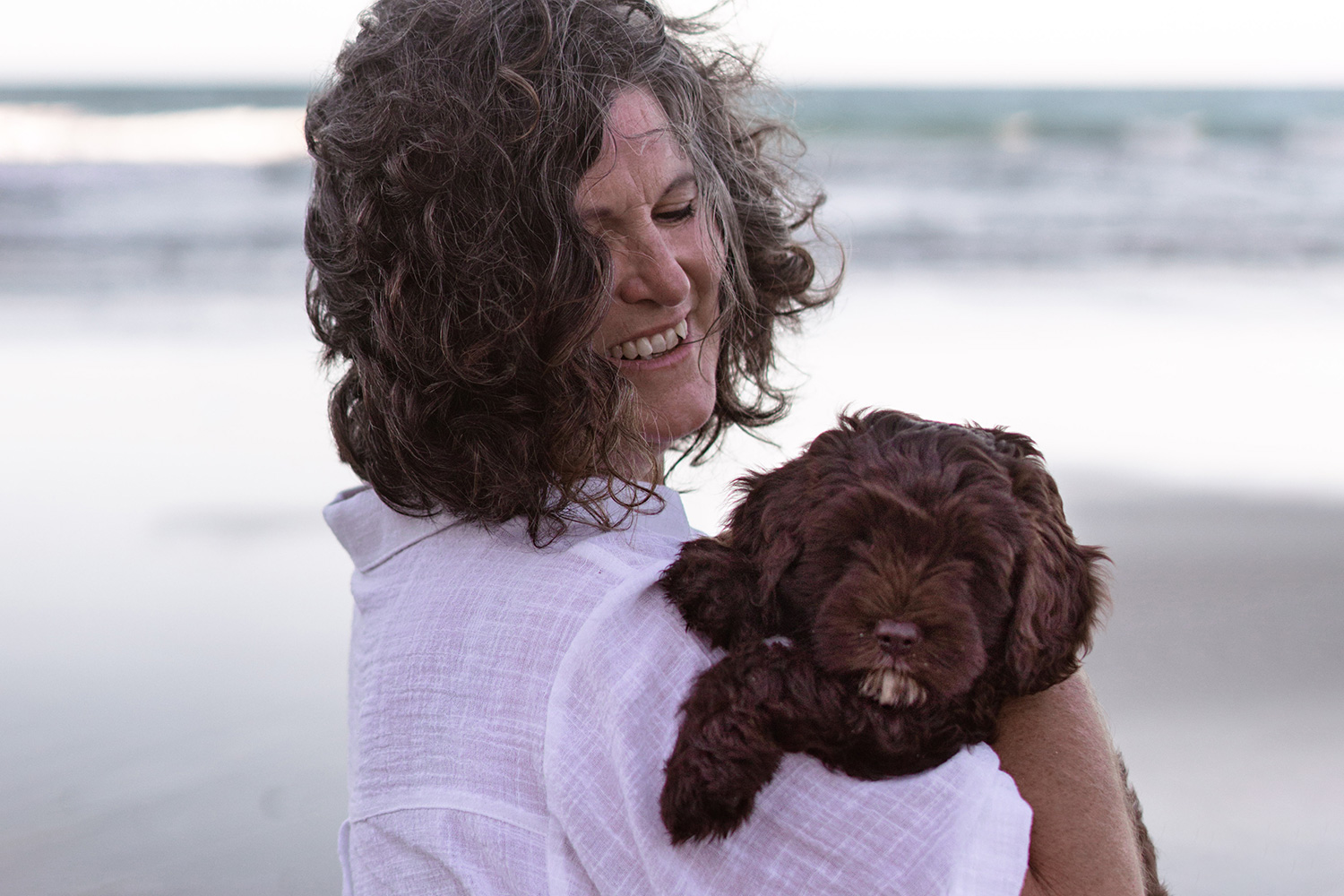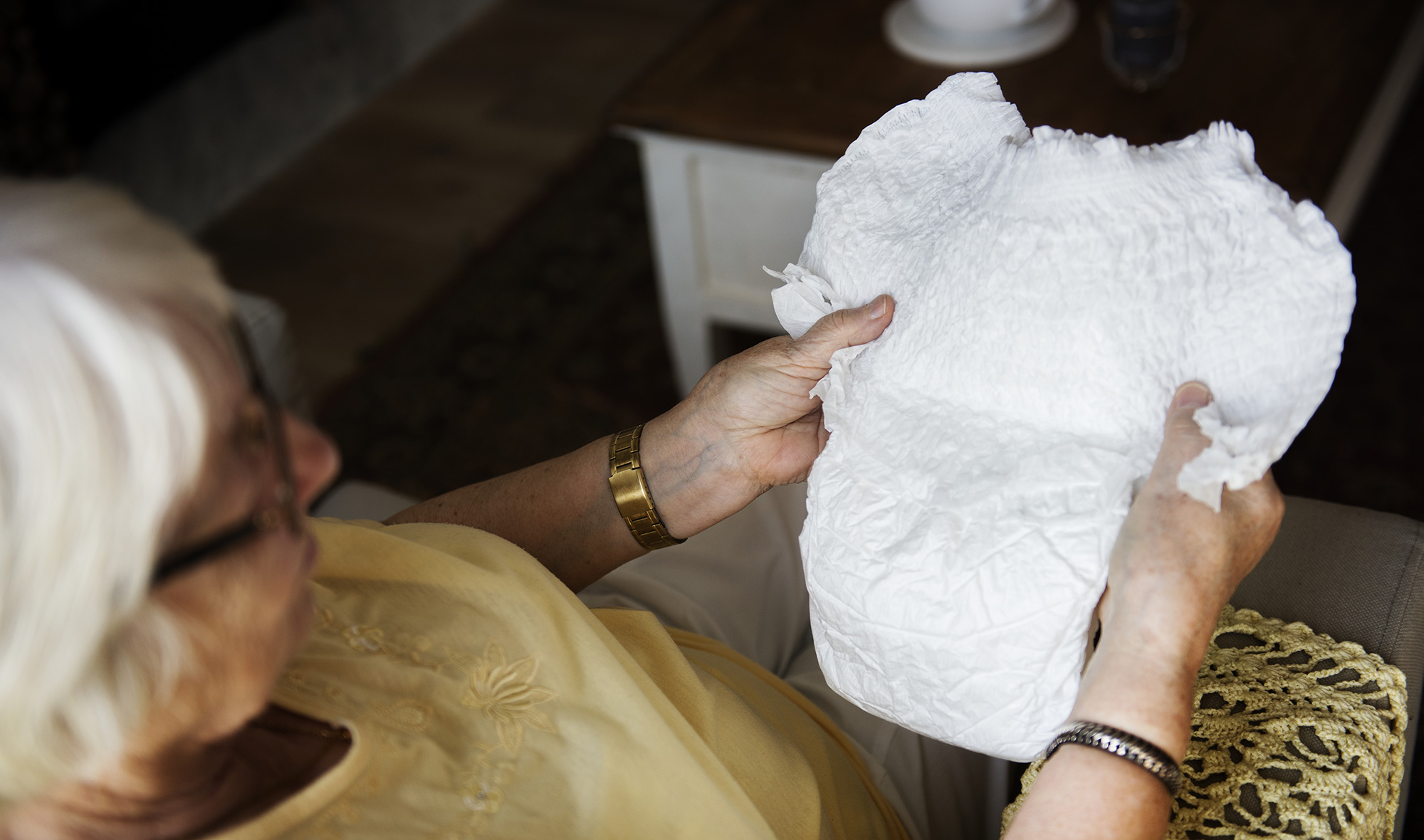Since being diagnosed with multiple sclerosis, Tina’s had to adjust to life in a wheelchair while coping with other symptoms too: reduced sensation in her hands and deteriorating function in her fingers.
None of that has stopped her from working 20 hours a week, fundraising for her chosen causes, getting along to the weekly pub quiz, or even driving her car. But still she concedes, “normal life is difficult from a wheelchair.”
“I can’t do a week’s worth of shopping as I can’t push the trolley. I can’t always reach elevator buttons, and housework such as vacuuming and cooking is a struggle.”
What’s more difficult for Tina is having to ask people to do things for her, like open a door or pick up a dropped pen because she can’t bend down to get it.
And then there are safety issues. Fatigue can sometimes make transferring in and out of her chair difficult: if she falls, help isn’t always close by.
But now that Ezra’s come along – a heavy burden’s been lifted. Says Tina, “he’s just changed my life completely.”
Life with Ezra
Since being matched together in June, Ezra’s stayed at Tina’s side, gleefully opening and closing doors, retrieving dropped items; pressing elevator buttons and even pulling Tina’s chair out of heavy carpet pile!
Most importantly, he’s there in case she falls.
When Tina fell at home earlier this year while husband Roy was at work, Ezra was her only link to outside help. “He was so upset that I’d fallen over that when I asked him for the phone, he first came back with his favourite toy… I think to make me feel better. Then he fetched the Sky TV remote, my purse and, finally, the phone!”
Once she called her friends for help, Ezra was able to open the front door and let them in.
“Before Ezra came along, I was losing confidence because if I ever fell over I would be stranded. It’s not only embarrassing but also lonely to be sitting on the floor. He’s helped restore my confidence.”
And it’s not only Tina’s life he’s changed, but her husband’s too. “The first time Ezra helped me, Roy cried,” she says.
“I never realised how much he’d worried about me when he wasn’t here. He now has peace of mind that no matter what happens to me, Ezra’s here to look after me.”
While all this may seem like a match made in heaven, Tina and Ezra actually owe their union to the unwavering efforts of volunteer puppy-raisers and skilled canine trainers around the country; a group of people who are turning everyday dogs into ‘mobility dogs’ all under the guidance of a little known charitable organisation – The Mobility Assistance Dogs Trust.
Mobility Dogs
The Mobility Assistance Dogs Trust (known as Mobility Dogs) was established in 2003 with a clear mission: to enhance the lives of people living with long-term physical disabilities by providing mobility dogs to increase independence, confidence, self-esteem and participation in New Zealand communities.
There’s no doubt its well-heeled canines are doing all this and more, but the hope is to get more dogs where they’re needed: for supply to eventually match demand.
The mobility dogs in service in New Zealand are helping people with cerebral palsy, muscular dystrophy, multiple sclerosis, stroke, spinal injury as the result of an accident, and thalidomide disability.
Teenagers through to retirees have been partnered with dogs, but many others remain on the waiting list – a wait that’s inextricably linked to the funds available for training.

Training
It costs in excess of $50,000 to raise and train a mobility dog, all of which comes from the charitable support of New Zealanders. Not all of the puppies brought onto the programme will be placed in service, as not all will gain the collective skills needed to become a fully qualified mobility dog.
The training process can take up to two years, beginning with the right upbringing and culminating in advanced training by expert handlers.
Volunteer puppy-raisers play an integral role in the process, providing each puppy with love, care, basic obedience, general socialisation and confidence during the first 12-14 months. One Palmerston North volunteer has so far raised three dogs, all of which have gone on to make a difference in someone’s life.
The Trust also runs the Puppies in Prison training programme, with female prisoners training puppies while serving time – a win-win for all involved. Prison puppies are now out working in Christchurch, Auckland and the Wairarapa.
Anyone interested in becoming a puppy-raiser, making a donation, or simply becoming a Friend of Mobility Dogs, can visit www.mobilitydogs.co.nz for more information.
Unleashing Life!
Mobility dogs are trained to retrieve dropped items; open doors, refrigerators, cupboards and drawers; press lift and pedestrian crossing buttons; pay for purchases across the counter; take shoes and socks off; turn on lights; load and unload washing machines; bark for help and more. But apart from all the functional assistance they provide, they also provide an increased feeling of safety and help break down the social barriers that a disability can put up.
Harvey Brunt, general manager of the Cerebral Palsy Society, says the ice-breaking aspect is one of the most endearing qualities of the dogs.
“Many people do not know how to approach a person with cerebral palsy; the spectrum of the condition is so large that I can understand this. Having a dog at your side changes all that. Having a dog is like having a pass to the world,” he says.
For Tina French, stepping out with Ezra results in a “tidal wave of smiles wherever we go”.
“I’ve gone from being stared at, to being smiled at. People will now come up and talk to me when before they wouldn’t have known what to say.”
But Ezra’s calming effect doesn’t stop there. Despite Tina’s uncertain prognosis, having Ezra there makes the future feel less daunting.
“There will come a time when I’m unable to leave the house as often as I do now, so he will be fantastic company for those times. He makes me happy, he makes me smile. I don’t have to use so much energy doing the basic things like trying to get something off the floor – instead I can focus on the fun things.”
Who’s eligible for a dog?
You may be eligible for a mobility dog if you have a long-term physical disability and can demonstrate that a dog could functionally assist you with everyday tasks both at home and in the community.
If you are approved for a mobility dog, there is a placement fee and ongoing maintenance costs – such as veterinary costs, food and insurance – to take into account.
At a cost of over $50,000 to train each mobility dog, the Trust is always delighted to hear from applicants who may be in a position to substantially assist with funding their own dog.
For more details about how to apply for a mobility dog, go to mobilitydogs.co.nz or contact Gemma Overton (09) 836 6238 or 027 700 1721.



















Community